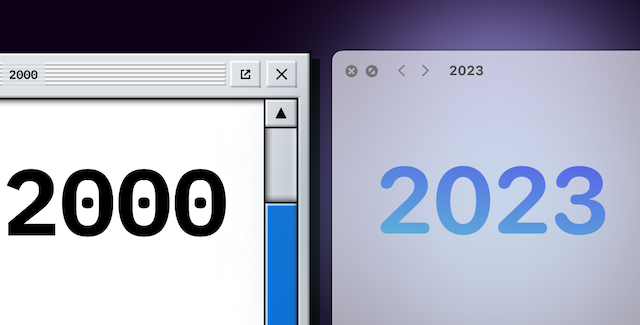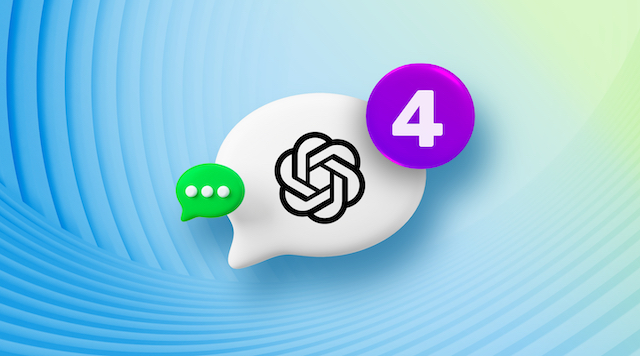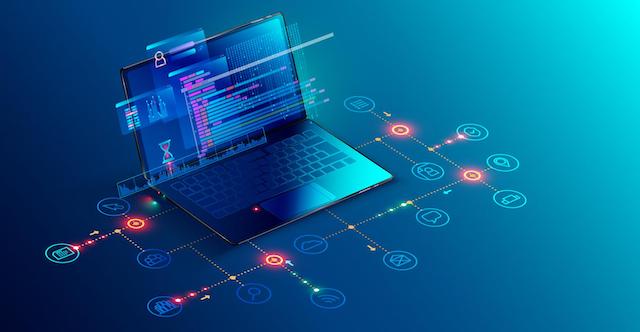.it/tech26 December 19:06
0<
IT in the 2000s vs. 2023: How Things Have Changed
/>IT has come a long way in the past 20 years! Here's a look at how some of the big trends in IT have changed from the 2000s to 2022: be updated on the latest tech newsGet exclusive news updates and overview on tech market




